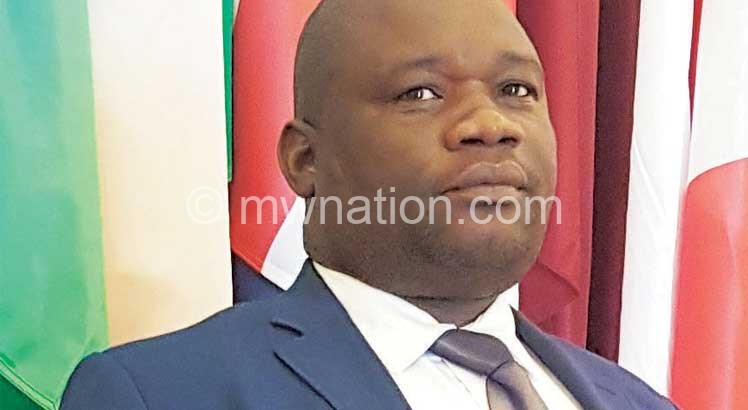Treasury justifies debt position
Treasury says the Covid-19 crisis is forcing government to borrow to meet some of its fiscal obligations.
Treasury spokesperson Williams Banda said this in written response to questions in view of the growing concerns on the rising debt levels.

He said: “Borrowing increases government indebtedness, but such borrowing is financing infrastructure investment that will bring returns in future. It is worthwhile to borrow.
“On the other hand, increased government expenditure in times of crisis like the one we are going through is one fiscal policy that has been adopted by many governments in order to stimulate economic growth so what is government borrowing for and timing should be put in question.”
Banda said Treasury has made the national budget “very rigid” as most of the expenditure is statutory in nature that government cannot fail to pay.
Rising domestic debt previously pushed Malawi into high overall risk of debt distress and is budgeted to continue rising sharply, which will increasingly reduce fiscal space.
The government continues to finance fiscal deficits through domestic borrowing, reaching 5.9 percent of gross domestic product (GDP) and a budgeted 7.8 percent in the 2021/22 financial year.
In this 2021/22 financial year, public debt interest is projected at K299.7 billion or 2.9 percent of the rebased GDP.
Of this amount, K14.5 billion is payable to non-residents while K285.3 billion is payable to residents.
The projected public debt interest is 27.2 percent of the country’s projected domestic revenues.
Meanwhile, the World Bank has urged caution to the authorities, saying Malawi needs a sustainable fiscal policy to enable it reduce debt service costs if the country is to create a foundation for macro stability and growth.
In its thirteenth Malawi Economic Monitor, the World Bank said fiscal consolidation in the medium-term will be needed, a situation that will require prioritising expenditure in a sustainable medium-term fiscal framework, based on realistic revenue and grant assumptions.
Malawi University of Business and Applied Sciences associate professor of economics Betchani Tchereni, in an interview earlier, also admitted that government need to guard the debt which he said has become dangerous for the macroeconomic environment.
He said: “While efforts to curb inflation are underway from the monetary authorities, it is important that the fiscal angle of the economic cluster needs to do its part too. For sure we need to be sure about how we will pay off these loans really.”





